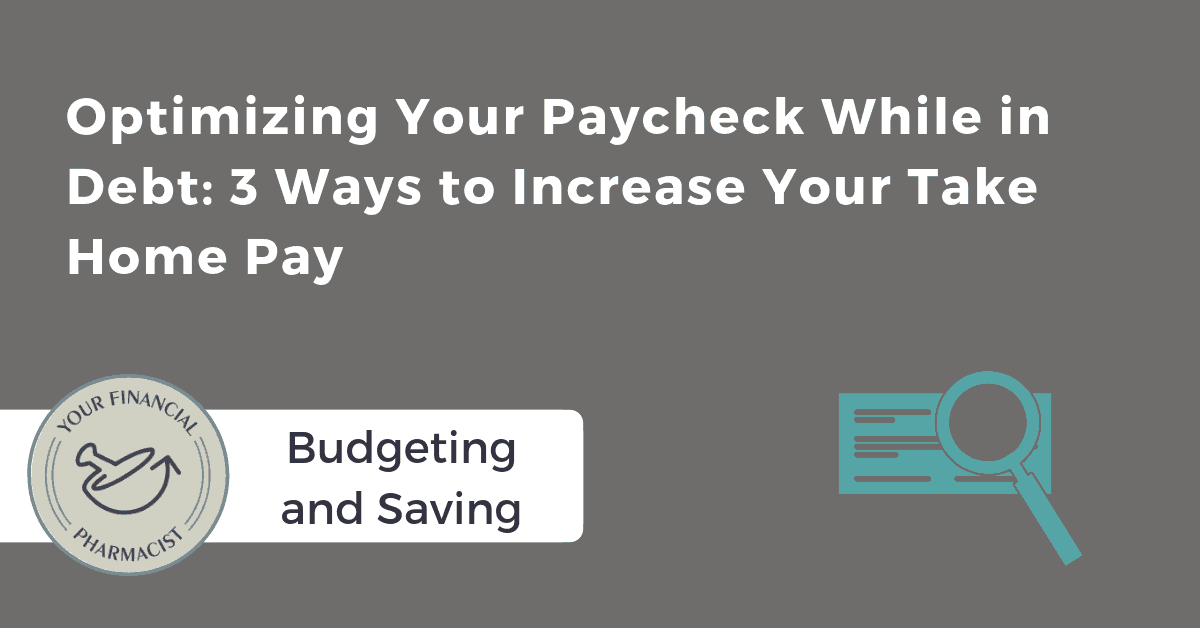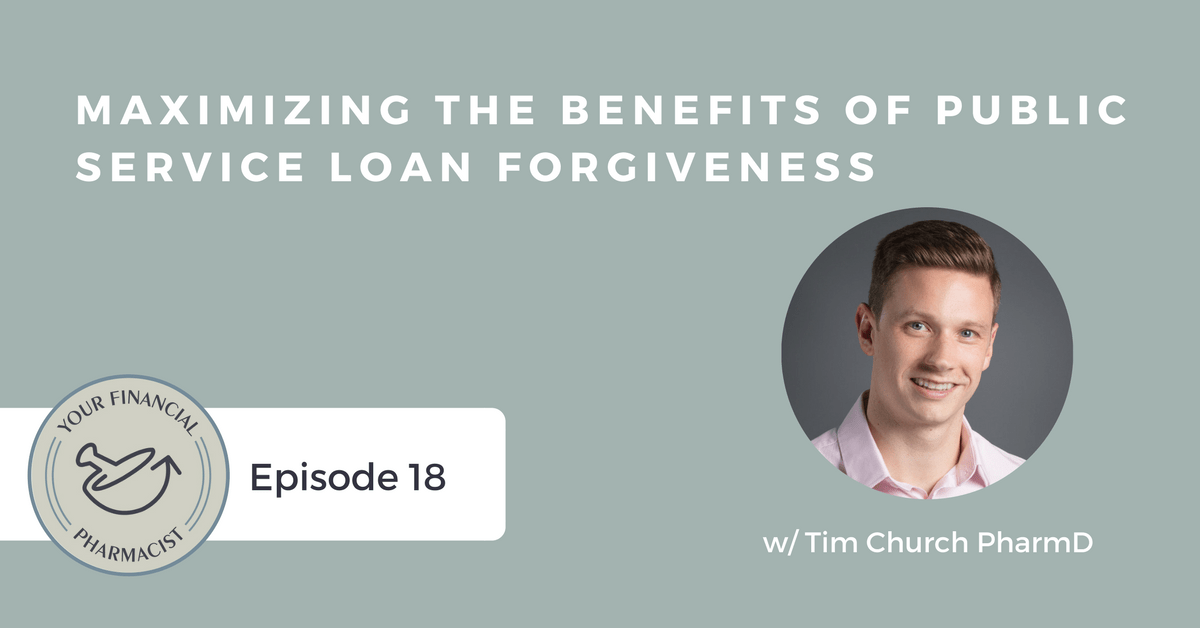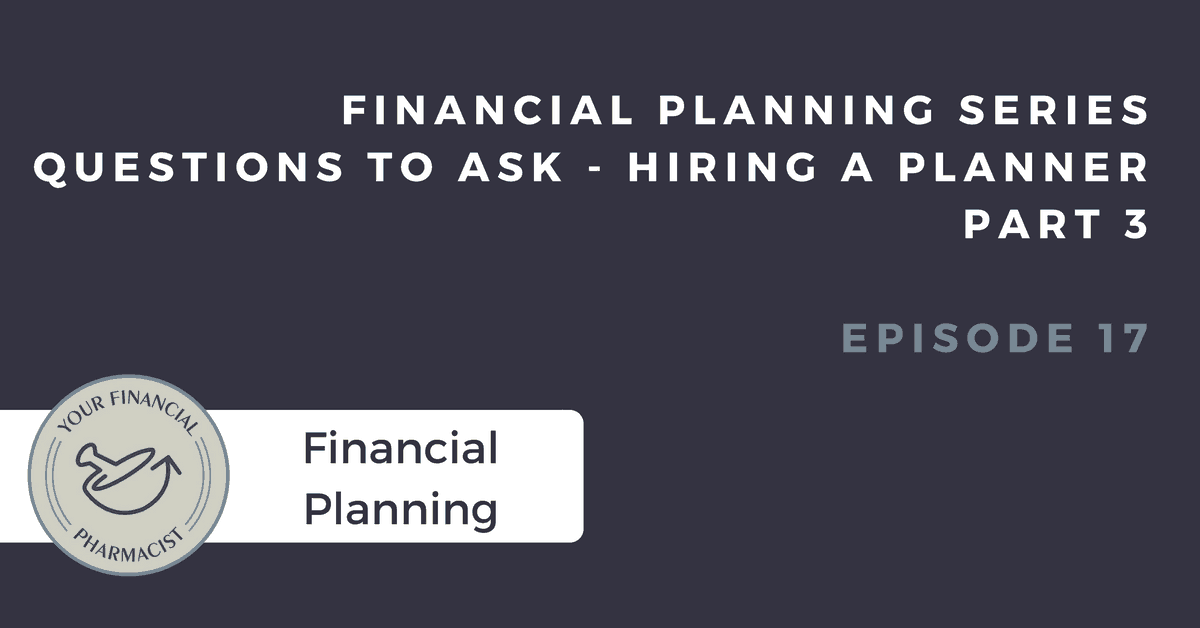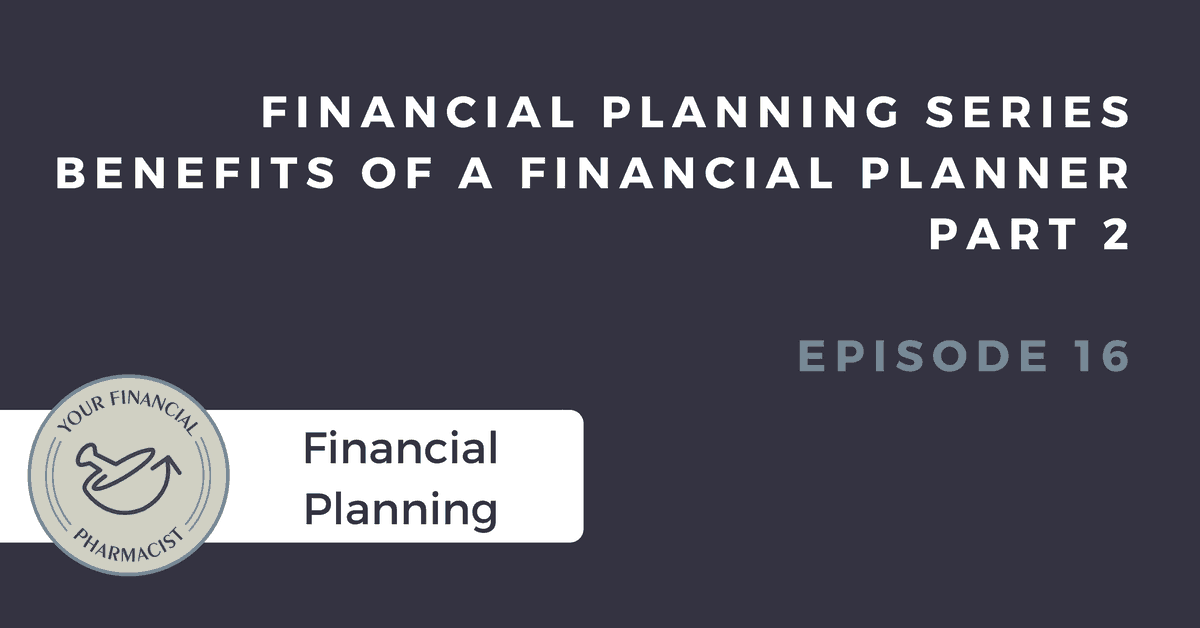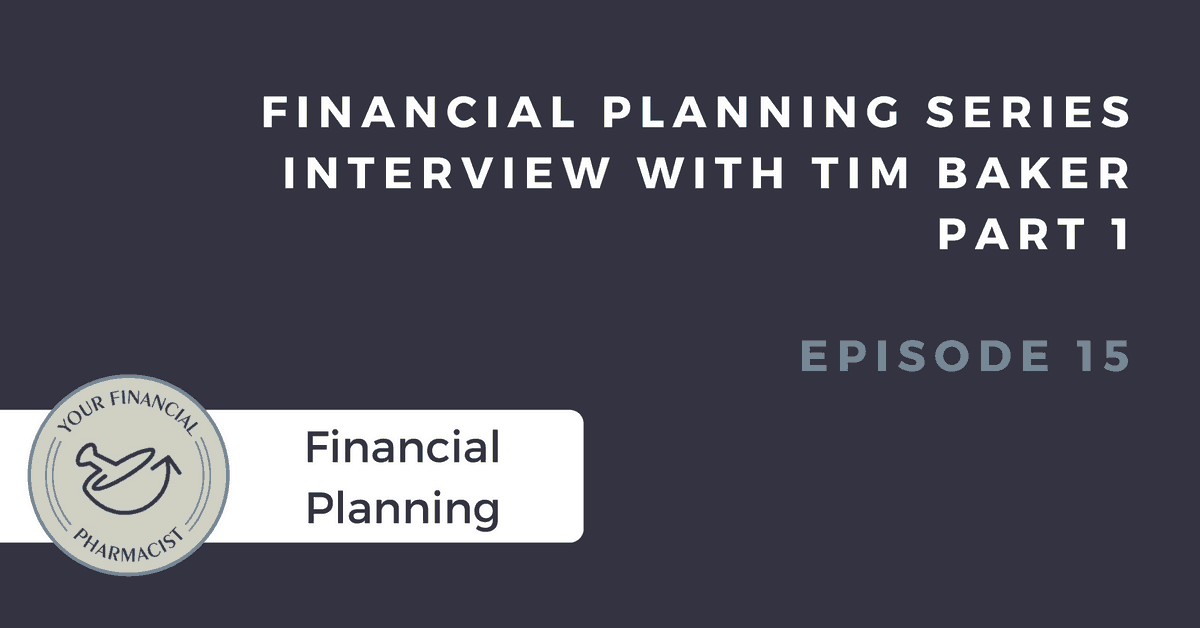With most people now receiving their paychecks via direct deposit, many often ignore their paystubs. I admit I used to be guilty of this until I started getting serious about budgeting and my finances in general.
Earlier this year I decided to take a detailed look and found out that I was paying for something that I didn’t need. Not only that I had been paying it for over 3 years!
Although it’s easy to focus on your gross and net pay and ignore all the other “stuff” on your paystub, it’s important to make sure that you have your deductions optimized and that you aren’t paying for anything that’s unnecessary.
If you’re working hard to get out of debt, you want to be sure you are bringing home as much money as possible to accelerate your progress.
Here are some easy changes to your paycheck you can make that could potentially increase your take home pay:
Set Your Federal Withholdings to Break Even
Federal income tax is taken out of your check according to your your filing status (single, married, head of household) and the number of withholdings. When you first started your job you would have designated this on your W-4 form. This will stay the same unless you make a change.
This is really important because it determines whether you will owe money on your tax return, receive a refund, or break even. I’m a strong believer in breaking even so I don’t give the government an interest free loan aka a refund.
Although you may like getting a refund every year, keep in mind this is money that you could have in your pocket every month. Also, some people actually treat the money from a refund differently than they would if it was in their paycheck every month. Instead of using the money to pay down debt, you may see it as a Las Vegas vacation or a shopping opportunity.
Therefore, setting your withholdings so you don’t owe or receive money can really help maximize your monthly take home pay to reach your financial goals. To see if you are on track, you can check out the IRS withholding calculator. If your taxes are complicated or need a second look, check with an accountant.
Eliminate Unnecessary Deductions
Besides federal income tax you may also have state and local income tax. In addition, if you are a W-2 employee, your employer will be required to take out FICA taxes (Medicare and Social Security aka OASDI). While you can’t get rid of these deductions, there are some you can.
You likely have some benefits through your employer such as health, vision, and dental. You may also have life, disability, or other insurance. Many of these benefits are automatically initiated when you start working and therefore you have to opt out if you don’t want them.
This is exactly what happened to me. I was paying for life insurance through work even though I had adequate coverage privately. I was automatically enrolled in this and for awhile didn’t know what it was. It was listed as the abbreviation FEGLI (which I later realized stood for Federal Employees Group Life Insurance) and for years never questioned it.
Make sure you know what every deduction is, whether or not it’s required, and whether it’s something you need.
If you are married and your spouse works, check to see if you have any duplicate or unnecessary healthcare deductions. Also, if you have private life and disability insurance, make sure you are not paying for any extra coverage through work.
Reduce Retirement Contribution…Temporarily
Ok this one was tough to write as it pains me to even suggest anyone cut down their retirement contributions. As you probably know, Americans don’t do very well in this area. In fact only ⅓ of people are actually contributing to an employer sponsored plan. So if you are contributing something toward retirement then congratulations!
However, if you have still have credit card debt and students loans, it’s possible that you could be contributing too much to your retirement. When you’re saving for retirement in this situation, you’re basically saying that you can get a better return in the stock, bond, or other market than the interest rate on your debt. While that’s possible, there is certainly some risk and the return is not guaranteed.
Like insurance or other deduction, you may be automatically enrolled in a retirement plan at a default percentage. If you’re getting an employer match then consider contributing up to that point so you can take advantage of the “free money.” However, if you still have non-mortgage debt and are contributing beyond the match, then you may want to scale back temporarily so you can increase your take home pay. Remember, the faster you get rid of your debt, the faster you can maximize all retirement accounts.
What change can you make on your paycheck to increase your net pay?
Current Student Loan Refinance Offers
[wptb id="15454" not found ]
Join the YFP Community!
Recent Posts
[pt_view id=”f651872qnv”]

